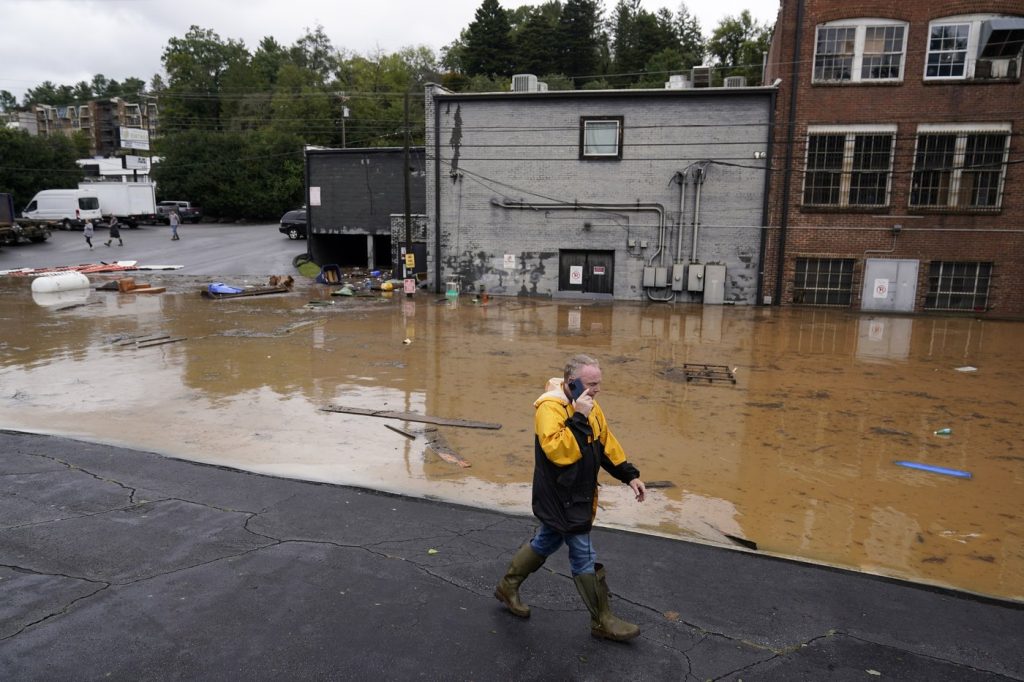CHARLESTON, W.Va. (AP) — Following the devastation caused by Hurricane Helene in Asheville, North Carolina, local residents depended heavily on Blue Ridge Public Radio for essential updates. As many gathered on a ridge seeking cell service, the station’s broadcasts became a crucial source of information about relief efforts, including where to access water and food supplies. Lisa Savage, a volunteer at a local church, emphasized the importance of public radio during this disaster, stating it played a vital role in keeping residents informed.
Currently, public radio stations are facing significant funding cuts proposed by President Donald Trump. Recently, Trump signed an executive order aimed at drastically reducing federal subsidies for NPR and PBS, alleging bias in their reporting. Public radio has been instrumental during natural disasters, often providing the only reliable source of news when other communication systems fail, particularly in remote and rural areas across the United States.
Lisa Savage recalled how vital Blue Ridge Public Radio was in delivering information about water distribution just days after she volunteered in Asheville. The station serves as a lifeline during emergencies, ensuring that communities stay informed about ongoing situations. Similarly, Marfa Public Radio, located in West Texas, also provides essential local and national news services to an area that would otherwise have limited access to information. Tom Livingston, interim executive director of Marfa Public Radio, pointed out that their station is often the only source for news and safety updates in the communities they serve.
Trump's executive order directs the Corporation for Public Broadcasting and other federal entities to stop federal funding for NPR and PBS, aiming to eliminate indirect sources of financing as well. Public broadcasters receive approximately $500 million in annual public funding through the CPB, which has contested Trump's authority to cut their funding. The heads of NPR, PBS, and CPB have indicated that they believe the executive order may be illegal, hinting at a potential legal battle to protect public broadcasting.
The proposed cuts would have a widespread impact, especially on local stations that rely on a mix of government funding, private donations, and philanthropic grants. Stations in smaller markets, such as WMMT in the economically disadvantaged region of eastern Kentucky, are particularly vulnerable. General manager Teddy Wimer pointed out that many listeners in these areas lack the financial means to support stations through donations.
Further highlighting the critical role of public radio, Scott Smith, general manager of Allegheny Mountain Radio, explained that the station serves a narrow geographic area where other signals do not adequately provide local news. During past crises, such as the 2012 derecho that caused widespread power outages, the station emerged as a crucial information source for residents. Smith noted that 68% of their operating budget relies on CPB funding, and significant cuts could jeopardize their ability to serve the community.
As the impact of the proposed funding cuts looms, radio station leaders like Smith remain uncertain about the future. He emphasized that while they are prepared to continue serving their audience for as long as possible, the path forward remains unclear. The uncertainty surrounding congressional action on CPB funding indicates that local stations, which play an essential role in community information and emergency services, face an uncertain future amidst these proposed budget cuts.











